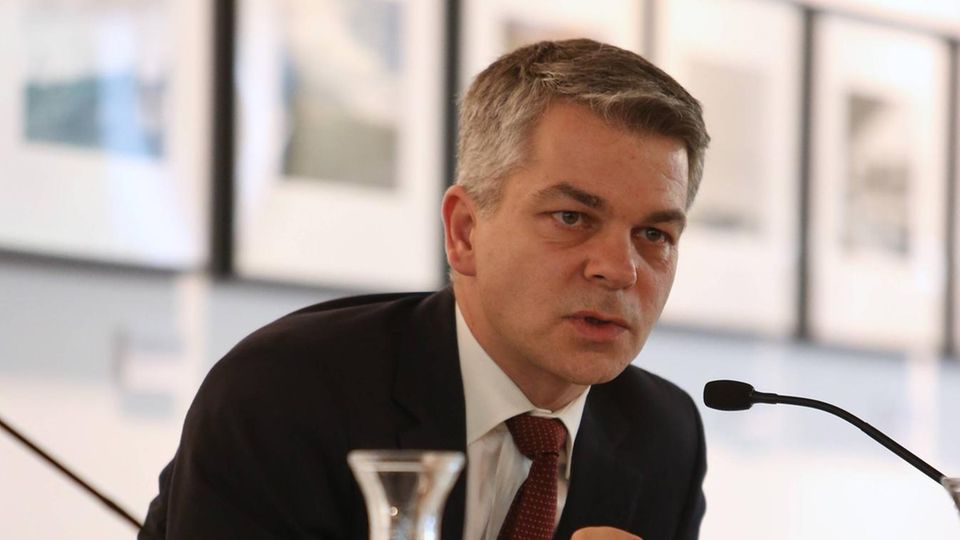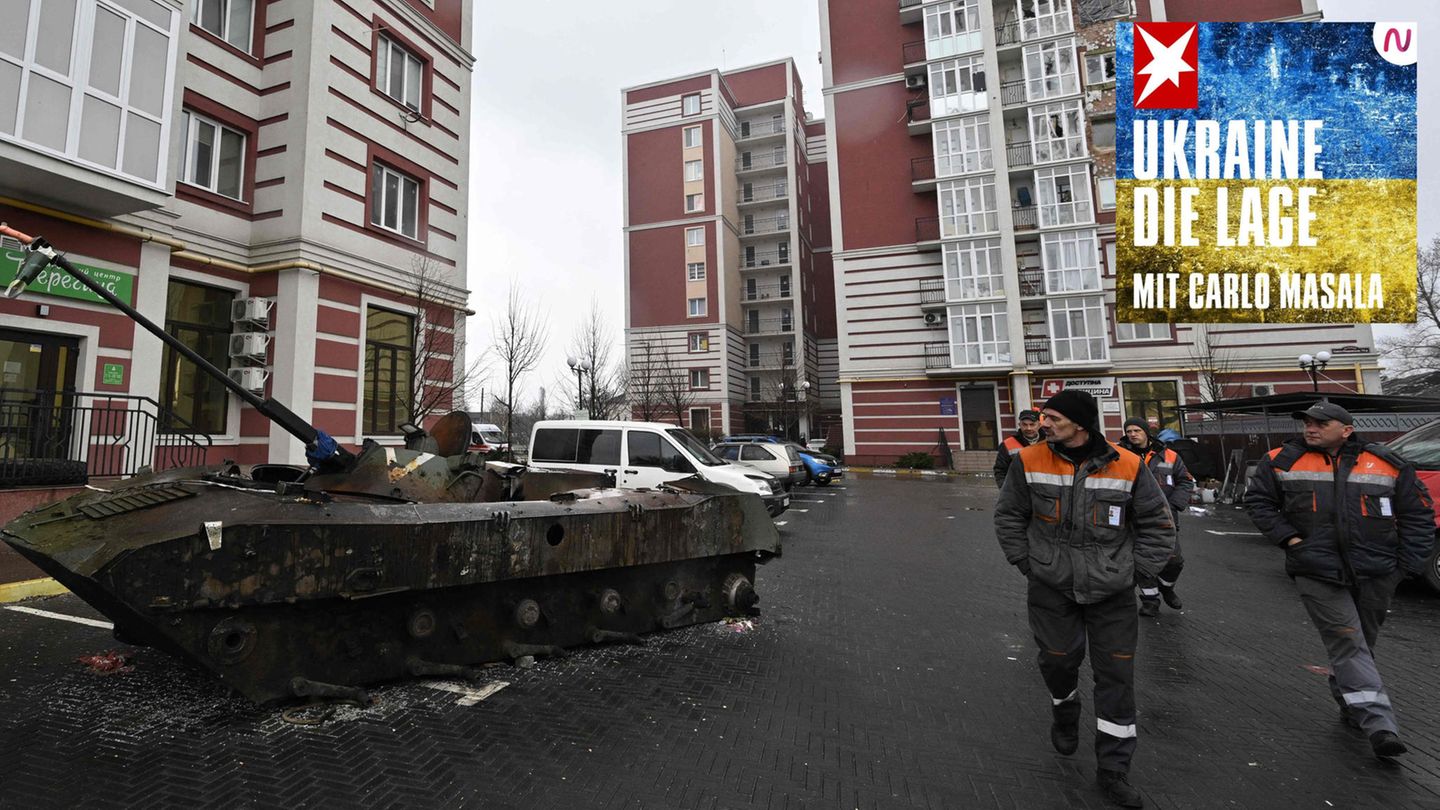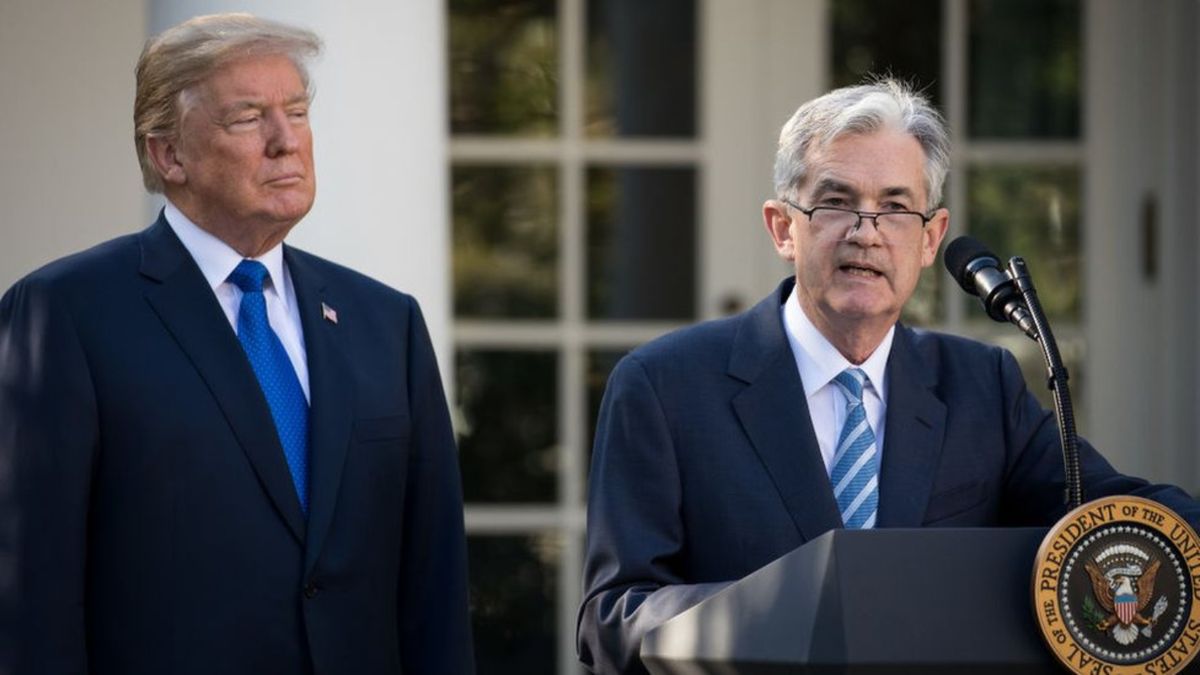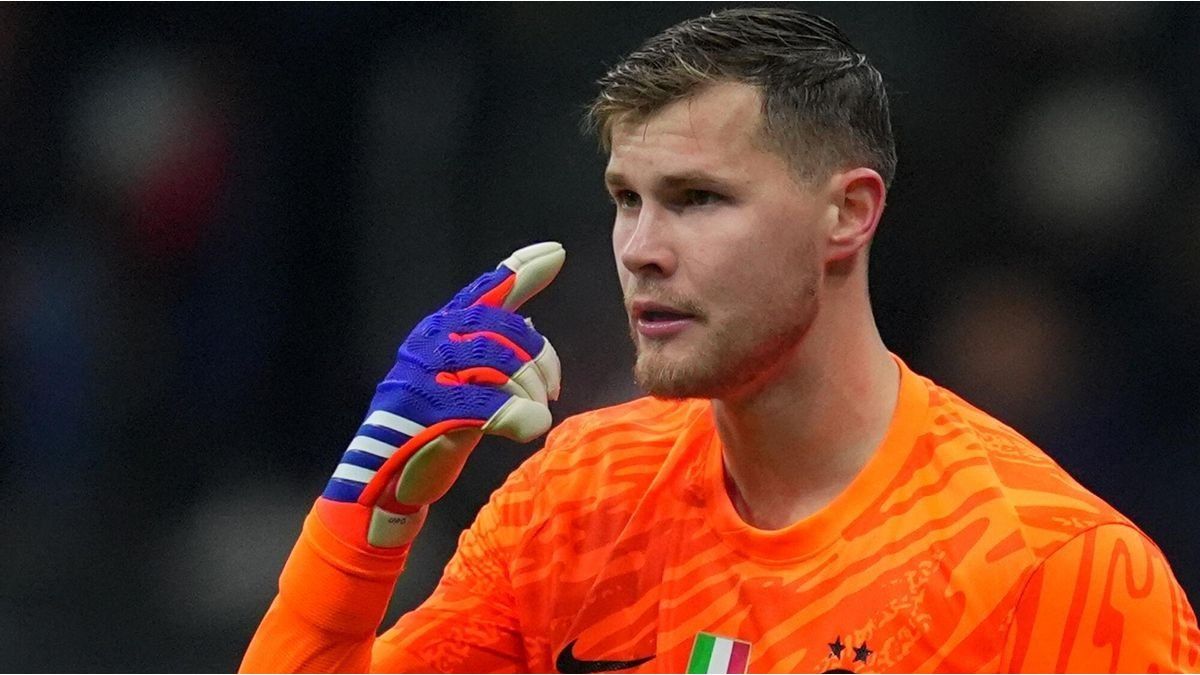podcast
Amnesty International has criticized Ukraine’s warfare. The military expert Carlo Masala contradicts the human rights organization. He accuses her of essentially equating Ukraine and Russia in the report.
The military expert Carlo Masala contradicts the criticism of the human rights organization Amnesty International on the warfare in Ukraine. Masala accuses Amnesty im star- “Ukraine – the situation” that in principle equates Ukraine and Russia in the report. Indeed, in any war, war crimes would be committed by all sides. “But there is a difference between whether it happens systematically, as on the Russian side, or as a result of what is happening,” says the politics professor from the Bundeswehr University in Munich.
War often takes place in cities
He points out that a large part of the fighting takes place in cities – and therefore, as criticized by Amnesty, troops also operated near residential areas or schools. However, the Ukrainian leadership has expressly asked civilians to leave the contested areas. “The Amnesty report doesn’t take that into account enough either,” says Masala.
The report describes how Ukraine’s military tactics endanger civilians as a “violation of international humanitarian law”. This is also not justified by the Russian war of aggression. Masala explained in the podcast how important the type of warfare and how it is perceived is for Ukraine. “Democracies end up fighting with one hand behind their back to keep their own foundations from eroding,” he says. “You cannot claim to defend values and norms and then systematically violate them.” In addition, support in the West would drop dramatically if Ukraine systematically violated the rules of warfare.
Masala clearly criticized the former Chancellor Gerhard Schröder, who now works for the Russian gas industry and in an interview with the star and RTL/ntv presented his view of the war in detail for the first time. “I see Schröder as someone who takes care of Putin’s business in the West,” says Masala. He described Schröder’s initiative to open the Nord Stream 2 Baltic Sea pipeline as the “central point of the interview”.
Schröder’s Putin agenda
Schröder’s ideas for resolving the conflict, on the other hand, do not offer a promising basis. “This is more of an agenda from Putin than a realistic possibility of entering a phase of conflict regulation,” said Masala. “In my opinion, the situation on the ground is not ripe for negotiated solutions.” He justified this by saying that both sides expect recognizable advantages from the continuation of the conflict.

© Imago Images
dr Carlo Masala is Professor of International Politics at the Bundeswehr University in Munich.
Source: Stern
David William is a talented author who has made a name for himself in the world of writing. He is a professional author who writes on a wide range of topics, from general interest to opinion news. David is currently working as a writer at 24 hours worlds where he brings his unique perspective and in-depth research to his articles, making them both informative and engaging.




